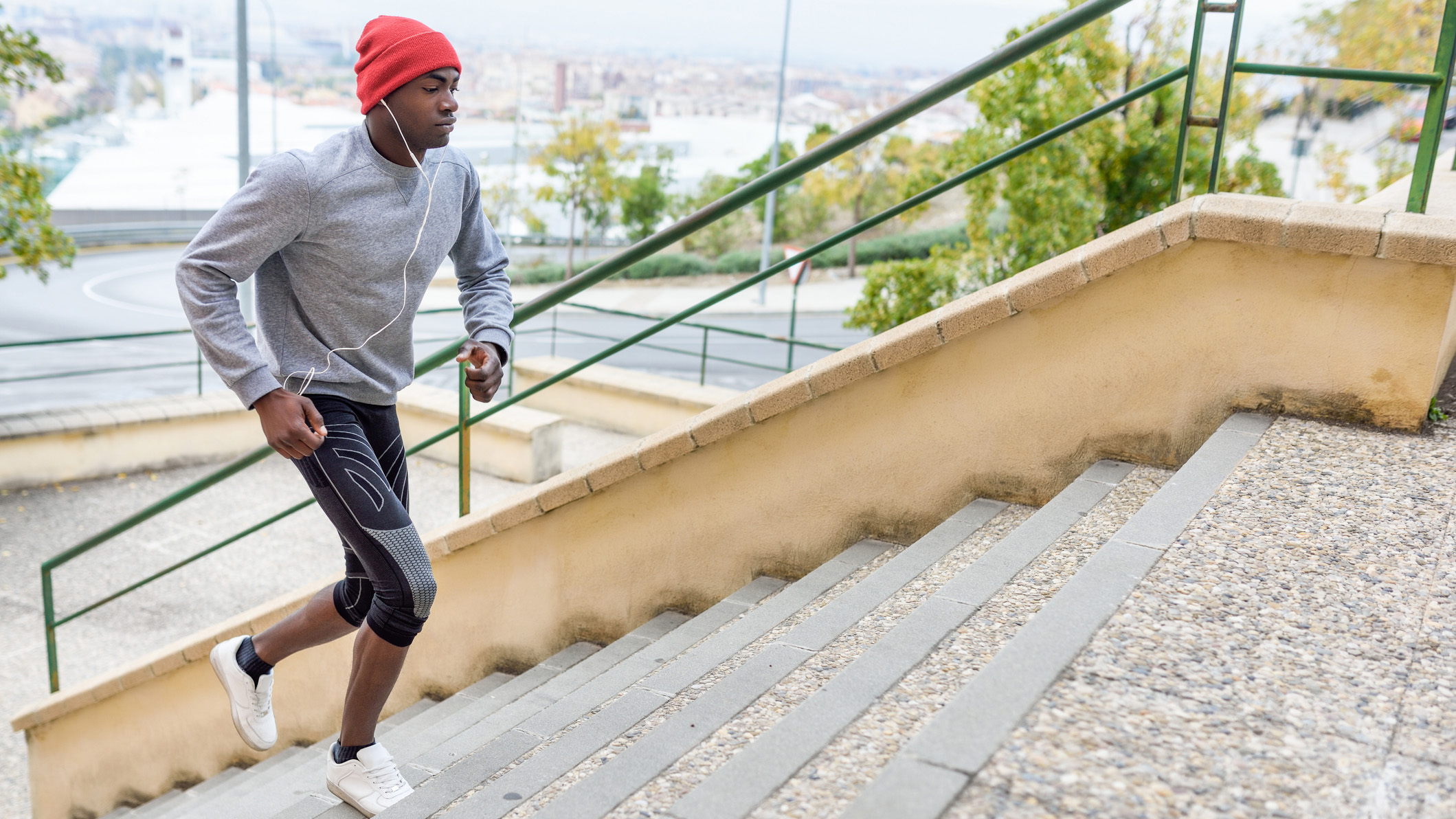How many steps should you walk a day? New study debunks 10,000 steps a day myth
Forget 10,000 steps a day, science suggests walking fewer than that can significantly reduce the risk of mortality


Get all the latest news, reviews, deals and buying guides on gorgeous tech, home and active products from the T3 experts
You are now subscribed
Your newsletter sign-up was successful
Want to stay healthy as long as possible? You should start walking today. This low-intensity exercise is one of the best ways to get in shape without putting too much effort in. How many steps should you walk a day, though, to stay fit? New research suggests the number is below the 10,000 steps all fitness wearable companies seem to promote.
The study called "Steps per Day and All-Cause Mortality in Middle-aged Adults in the Coronary Artery Risk Development in Young Adults Study", published in September 2021, studied 2,110 adults for a period of just under 11 years and found that "participants who took at least 7000 steps/day, compared with those taking fewer than 7000 steps/day, had a 50% to 70% lower risk of mortality".
This is exciting news, especially considering the significant difference between mortality rates above and below the 7,000-step threshold. How far you can go by walking 7,000 steps depends on your stride length and your pace, but a person with an average build should cover around 3 miles (~ 5 km).
Better still, the study suggested, "there was no association of step intensity with mortality regardless of adjustment for step volume." This means it doesn't matter how fast you walk; the results are the same.
And although brisk walking has been shown to be an excellent (and most undoubtedly doable) way to lose weight, yet from a purely life-extension point of view, any type of walking will do, whether it's slow- or fast-paced strolling you prefer.
Joining a walking group can help you stick to your new life-changing habit of walking every day. A meta-study in 2015 found that "Walking groups are effective and safe with good adherence and wide-ranging health benefits. They could be a promising intervention as an adjunct to other healthcare or as a proactive health-promoting activity."
- Fit over 40: fitness experts recommend exercise, diet and recovery tips for Millennials
What's the best way to track steps
Most people will use a fitness tracker or a Fitbit to track steps and that's a perfectly fine way to count steps. Cheaper fitness wearables can under or over-estimate steps so we wouldn't recommend using those.
Get all the latest news, reviews, deals and buying guides on gorgeous tech, home and active products from the T3 experts
Wearables such as the Garmin Venu Sq or the Fitbit Versa 3 do a great job in tracking your pace and steps as well as your heart rate so they can give you a reasonably good estimation of how many calories you burn throughout the day. Although the research suggested no correlation between pace and longevity, we would still recommend a faster stroll if your goal is to lose belly fat.
The next step up from fitness trackers would be to get a running watch. These often have built-in accelerometers so can track movement with high precision. And although some running watch models are considerably pricier than fitness trackers – the Garmin Enduro comes to mind – you can actually get entry-level running watches for cheap.
The Garmin Forerunner 55 and the Coros Pace 2 are both under $200£200 and provide infinitely more accurate data than most fitness trackers. These fitness wearables can also help you run faster and more efficiently, should you want to.

Matt Kollat is a journalist and content creator for T3.com and T3 Magazine, where he works as Active Editor. His areas of expertise include wearables, drones, action cameras, fitness equipment, nutrition and outdoor gear. He joined T3 in 2019.
His work has also appeared on TechRadar and Fit&Well, and he has collaborated with creators such as Garage Gym Reviews. Matt has served as a judge for multiple industry awards, including the ESSNAwards. When he isn’t running, cycling or testing new kit, he’s usually roaming the countryside with a camera or experimenting with new audio and video gear.